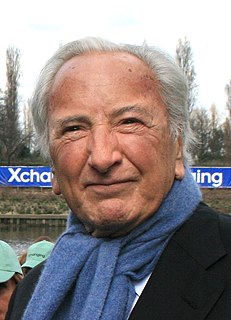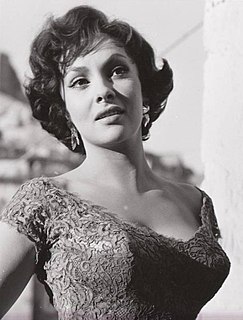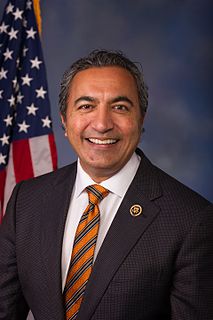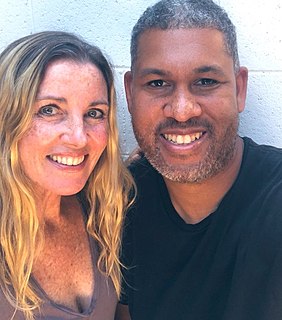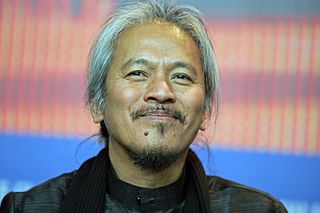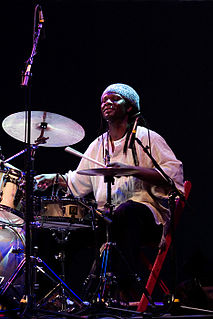A Quote by Michael Winner
During the Sixties, the Americans thought I was the greatest thing in the history of cinema.
Quote Topics
Related Quotes
Most Americans who made it past the fourth grade have a pretty good idea who Thurgood Marshall, Rosa Parks, and Martin Luther King, Jr., were. Not many Americans have even heard of Alice Paul, Howard W. Smith, and Martha Griffiths. But they played almost as big a role in the history of women’s rights as Marshall and King played in the history of civil rights for African-Americans. They gave women the handle to the door to economic opportunity, and nearly all the gains women have made in that sphere since the nineteen-sixties were made because of what they did.
Our nation is built upon a history of immigration, dating back to our first pioneers, the Pilgrims. For more than three centuries, we have welcomed generations of immigrants to our melting pot of hyphenated America: British-Americans; Italian-Americans; Irish-Americans; Jewish-Americans; Mexican-Americans; Chinese-Americans; Indian-Americans.
. . . it is true that language and forward movement in the cinema are jolly hard to reconcile. It's a very, very, difficult thing to do. . . . There is still a place in the cinema for movies that are driven by the human face, and not by explosions and cars and guns and action sequences . . . there's such a thing as action and speed within thought rather than within a ceaseless milkshake of images.
I had seen 'Do the Right Thing' when I was at college, and it was incredibly inspiring as a piece of cinema. Just brilliant, I thought. But saw 'Malcolm X' with a crowded audience. It was my first time in an American cinema, hearing an audience respond. You know, in England, everyone is so restrained.
This is the greatest society in all of human history, the greatest country ever. Many of the decisions being made in Washington today by both parties are threatening that greatness. And if we stay on this road we're on right now, our children are going to be the first Americans ever to inherit a diminished country.
Oh, God. The Sixties are coming back. Well I've got a 12-gauge double-barreled duck gun chambered for three-inch Magnum shells. And - speaking strictly for this retired hippie and former pinko beatnik - if the Sixties head my way, they won't get past the porch steps. They will be history. Which, for chrissakes, is what they're supposed to be.
I realized that most white Americans knew very little about our history and our struggle, and were having difficulty understanding the basis for our agitation and our resistance and our complaints. I also discovered that while black Americans had a sense of the beauty and tragedy of the journey from the time of slavery until now, we were not rooted in the specifics. I thought one way to familiarize people with that history would be through the voices of the great folk artists.
When I started doing improvise music in Europe, in the beginning I thought the way that Europeans were interpreting the reconstruction of deconstruction of this thing that we call jazz - of course it's different than what Americans do, because Europeans have a different history, a different sensibility and so forth - the nature of the creative process itself it's the same; but what comes from that creative process is different, because you have a different history, you have a different society, different language.
In the sixties, in the middle sixties, suddenly comics became this hip thing, and college students and hippies were reading them. So I was one of them, and I started reading, basically it was the Marvel Renaissance at that point. It was all their new characters, Spiderman and the X-Men and the Fantastic Four.
